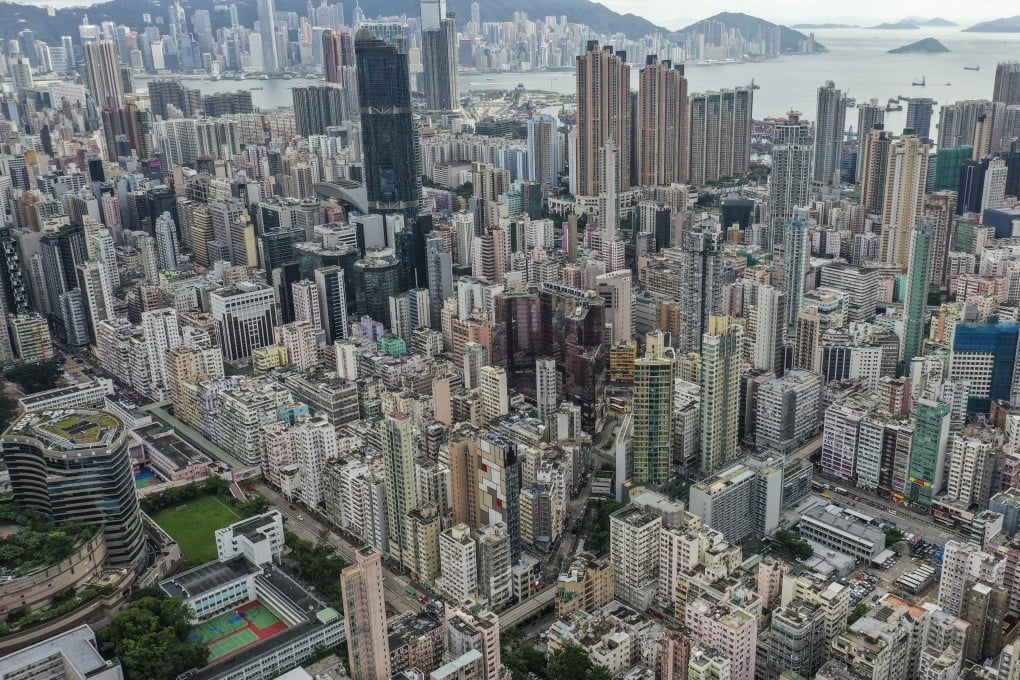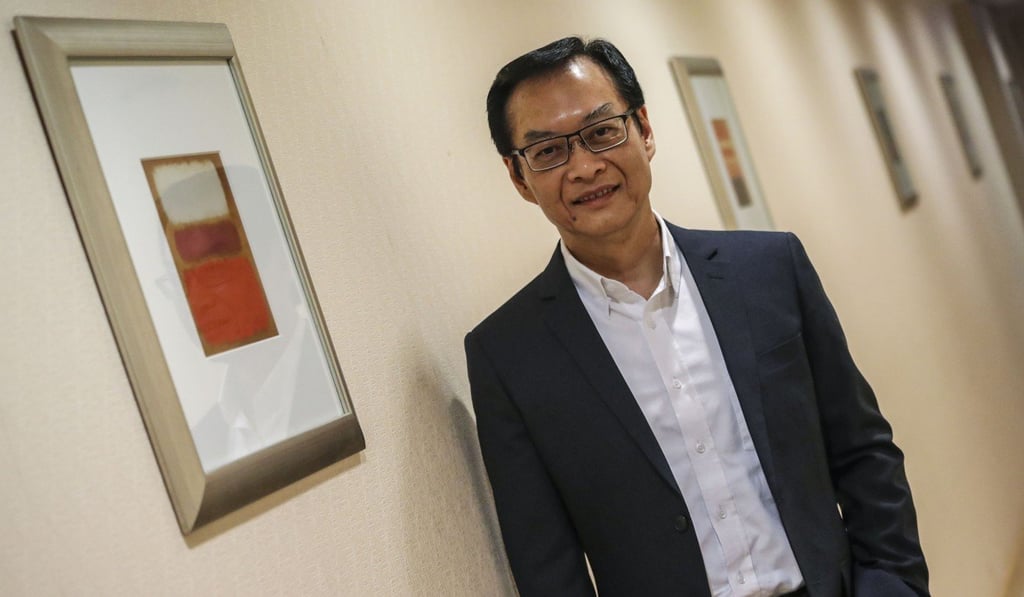Hong Kong’s Urban Renewal Authority, which tackles housing decay in areas such as Yau Ma Tei and Mong Kok, sees dramatic fall in surplus, raising fears over its financial future
- Authority’s surplus drops 80 per cent in a year as pressure rises to buy expensive old buildings and transform them into cheap, quality housing
- The semi-public body considers pricey option of moving residents out of densely populated areas in Kowloon to improve living conditions

Hong Kong’s Urban Renewal Authority (URA) recorded a massive drop in its annual surplus in the last financial year, raising concerns over the body’s income volatility and long-term sustainability.
The semi-public body, which is responsible for the city’s regeneration, was HK$2.3 billion (US$294 million) in the black in 2018-19, a steep plunge from HK$12 billion the previous financial year, according to the authority’s latest annual report, submitted to the legislature on Tuesday.
“Such a level of fluctuation in our income will greatly affect our risk management,” said authority managing director Wai Chi-sing.
Wai said the large surplus in 2017-18 was due to a commercial project which attracted many bidders offering high prices, but the projects up for bidding last year were less attractive.

The authority is in charge of renewing old communities in the city through redevelopment, renovation and conservation.